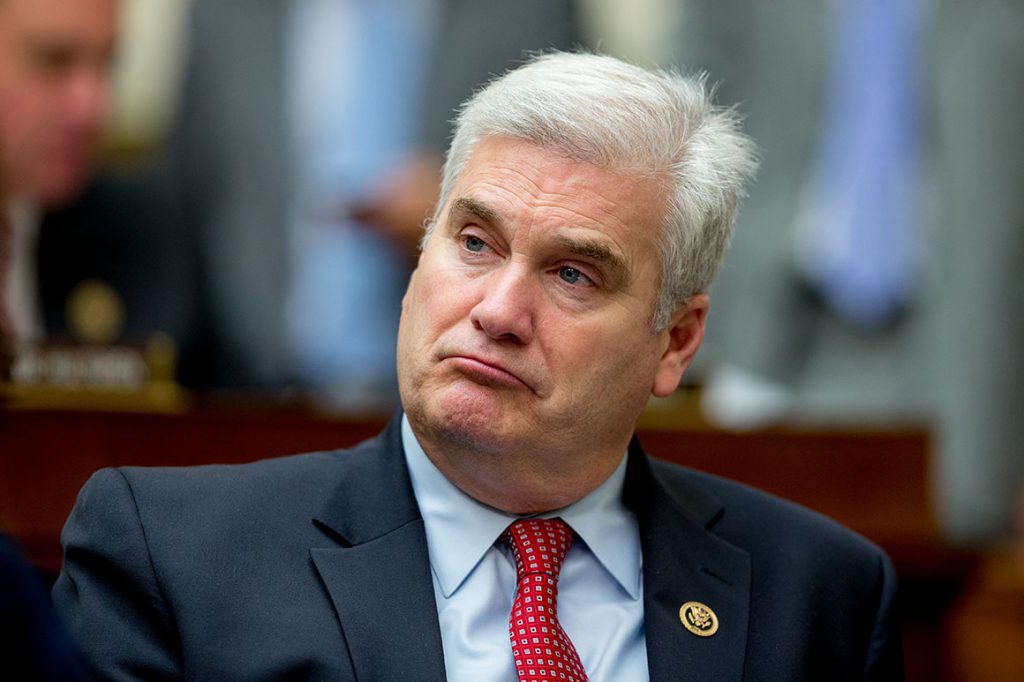On Wednesday, US lawmaker Tom Emmer announced he’s proposing a bill that will stop the Federal Reserve from issuing the central bank digital currency (CBDC) directly to American individuals.
The Fed May Become A Digital Authoritarian — US Lawmaker
The Minnesota representative among many other reasons will be hoping that the bill successfully prevents the Fed from acting as a retail bank in the issuance of CBDCs.
According to Emmer, the Fed may be towing a dangerous path that might be similar to that of China’s digital authoritarianism. He then added that if the Federal reserve must insist that users have to open accounts before they can have access to the benefits of the digital dollar, then all is not well.
He says:
“The Fed does not, and should not, have the authority to offer retail bank accounts”
Emmer then added that whatever CBDC the Fed ends up implementing, it must be easily accessible to all, while also maintaining the privacy required of any cash.
More Questions About Decentralization and User Protection
Meanwhile, the US lawmaker is also asking questions regarding how decentralized it could possibly be for the Fed to personally take charge of a CBDC rollout. He believes it would be too centralized.
Interestingly, however, apart from the seemingly obvious potential of keeping track of people’s financials, there’s also the fact that people’s personal information would be in one single place and vulnerable to attack.
According to Emmer, the digital dollar should be centered around protecting financial privacy and ensuring the dominance of the American fiat currency.
Representative Emmer is quite the vocal lawmaker and has been a consistent advocate for clear legislation and regulatory terms as they concern digital assets in the U.S.
In fact, to this effect, he introduced bills in May and July of 2021.
Emmer is also among the lawmakers who have openly questioned the Securities and Exchange Commission’s decision against approving a Bitcoin (BTC) exchange-traded fund. He appealed directly to SEC head Gary Gensler.


